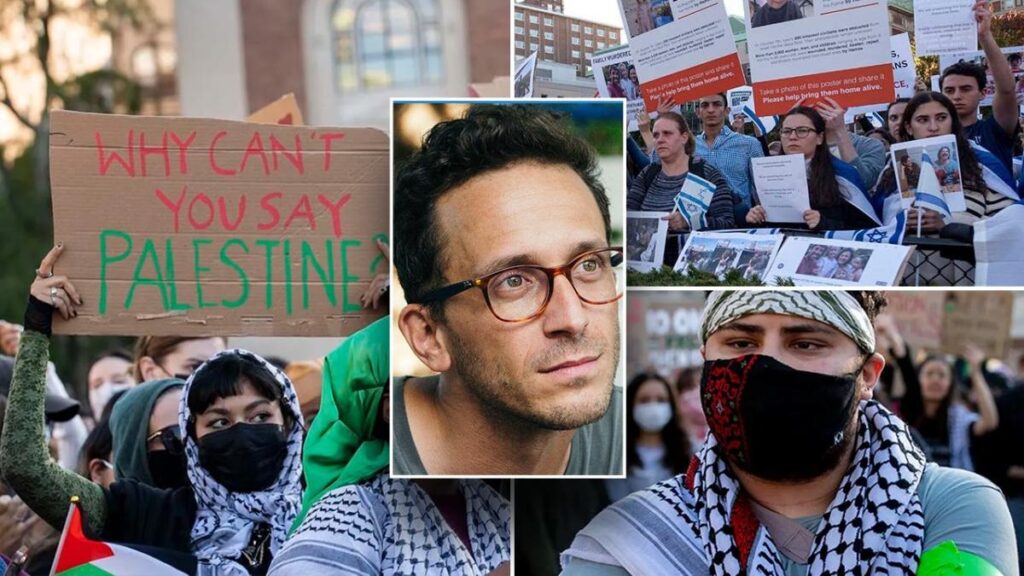Shai Davidai, an assistant professor of business at Columbia University and a pro-Israel advocate, faced suspension from the campus on Tuesday due to allegations of harassment and intimidation towards university employees. The university confirmed that this action was a consequence of Davidai’s conduct linked to an incident on October 7, 2024, though specific details about the incident were not provided. Davidai responded vehemently against the decision, asserting that it was retribution for his role in exposing university staff during pro-Palestinian protests held on the anniversary of the October 7 attacks. His criticism of the university leadership regarding their handling of anti-Israel demonstrations has been well-documented, leading to heightened tensions between him and the university administration.
In his public statements, Davidai emphasized his belief that the suspension was unwarranted and a response to his willingness to challenge what he perceives as a “hateful mob.” He recounted his confrontations with university administrators in which he sought accountability for the institution’s perceived biases and lack of support for Jewish students and faculty. Despite his claims of being wrongfully targeted, university spokeswoman Samantha Slater asserted that Davidai’s right to free speech remains intact, but clarified that Columbia does not tolerate any form of intimidation or harassment within its community. The university indicated that Davidai would be barred from campus temporarily while undergoing training related to employee behavior policies.
Notably, Slater also stated that Davidai is not currently teaching this semester, which has led to questions regarding how this suspension affects his academic responsibilities. Besides the restriction from campus access, the university confirmed that he would continue to receive his salary and benefits. The university’s policy framework allows for education, training, and other corrective measures in cases of violations, which seems to align with their decision to mandate training for Davidai before he could return to campus life. This process, as SLATER explains, is standard practice at Columbia when addressing faculty misconduct.
Despite Davidai’s suspension, he expressed dismay over feeling singled out, declaring that it highlighted a lack of consistency across the university’s actions against its faculty concerning controversial topics connected to Jewish identity and Israel. He lamented that other professors have made inflammatory remarks or posted content offensive to Jewish students without facing similar disciplinary measures. With his public presence on social media, he raised concerns about the double standards in treatment regarding faculty expression related to Jewish life on campus, framing his suspension as emblematic of broader systemic issues confronting Jewish students and educators at Columbia.
Davidai’s controversial relationship with the institution isn’t new; he previously faced restrictions, including the deactivation of his keycard after organizing a pro-Israel demonstration against anti-Israel sentiments on campus. This incident further illustrates an ongoing narrative where he feels his civil rights, particularly as a Jewish individual, are being undermined in the university setting. His calls for visibility and rebuttal against rising anti-Israel sentiments encapsulate a personal mission that transcends his professional standing, indicating a deep-rooted concern for the climate surrounding Jewish and pro-Israel advocacy on campus.
Overall, Davidai’s situation brings to the forefront critical discussions surrounding free speech, academic freedom, and the challenges faced by marginalized identities within educational settings. As he continues to push against what he sees as oppressive measures, the unfolding circumstances resonate with many who are navigating the complex intersection of identity, political belief, and academic life. His commitment to sharing his perspective and defending his rights signals a passionate engagement with ongoing issues that impact not only his immediate context at Columbia University but potentially the broader landscape of higher education discourse regarding Israel and Jewish advocacy.

